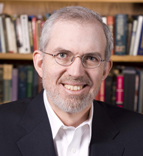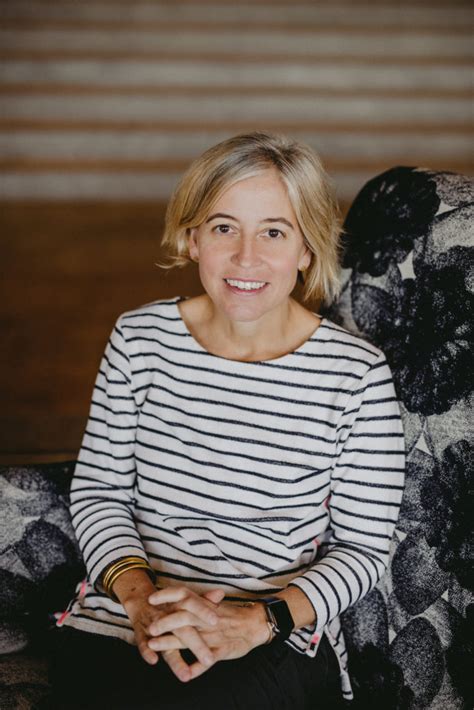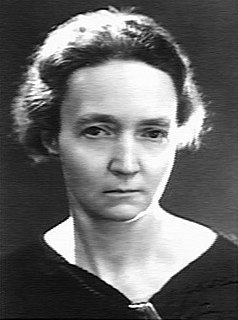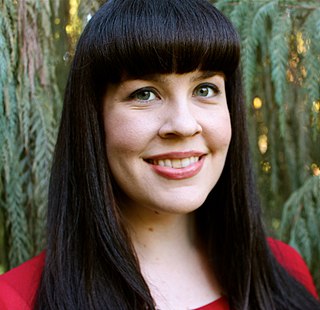A Quote by Carl Jung
Shrinking away from death is something unhealthy and abnormal which robs the second half of life of its purpose.
Related Quotes
I'm not prescribing non-doing as a universal response to our problems. Sometimes, something obviously needs to be done. And we retreat into a spiritual or meditative state that we fancy up by calling it mindfulness, but really it's an unhealthy detachment and a shrinking back from life. But culturally, it's much more common to be trapped in habits of reaction, whether on a systemic level or on a personal level. That's where the non-doing comes in, which is something that we don't really have room for. I think that it's something we need to embrace as part of the creative process.
ABNORMAL, adj. Not conforming to standard. In matters of thought and conduct, to be independent is to be abnormal, to be abnormal is to be detested. Wherefore the lexicographer adviseth a striving toward the straiter [sic] resemblance of the Average Man than he hath to himself. Whoso attaineth thereto shall have peace, the prospect of death and the hope of Hell.
Death is not a curse to be outwitted no matter the cost. Death is the natural pivot on which life turns, without which life as we know it could not be. A pro-life-support position is not always a pro-life position. When we can no longer hold on with purpose, to let go is to die with dignity and grace.
I think we all have something in our life's experience that makes us feel different. It's whether we have a gay parent or we have an alcoholic mother or maybe we don't know our father. And it's something that we feel bad about initially because we think we're abnormal. What's abnormal is our assumption that there's something called 'normal.'




































